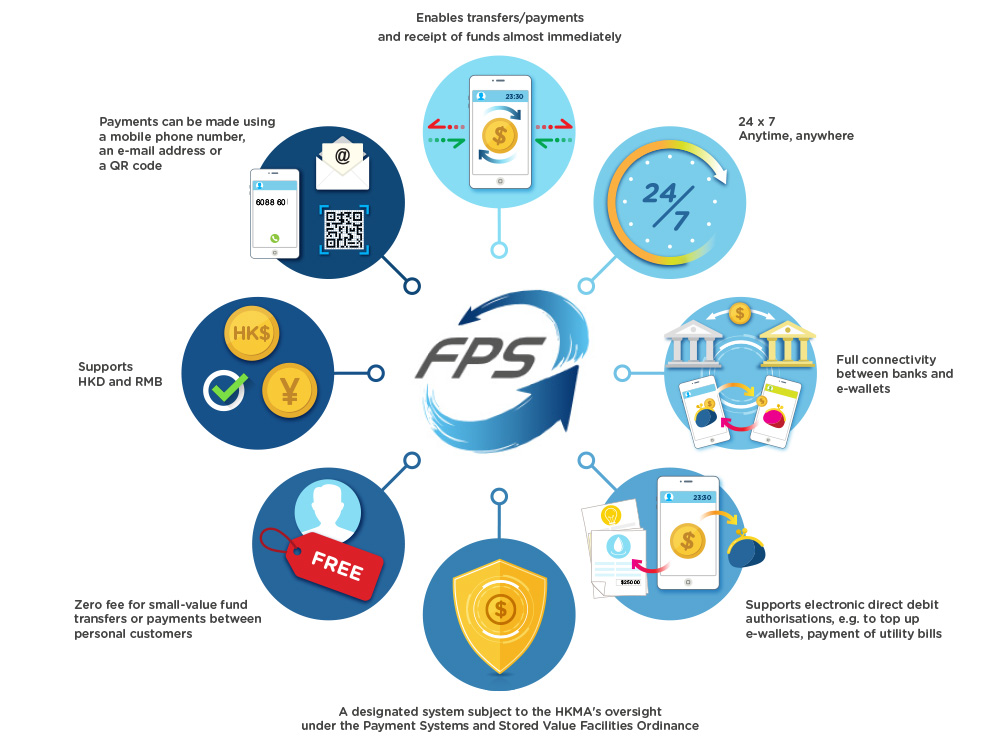Weighing the Costs: The UK’s Strategy Against APP Fraud and Its Impact on Payment Innovation
In an era where the digital transformation of financial services accelerates, the United Kingdom’s recent legislative proposal to combat Authorized Push Payment (APP) fraud by slowing down the rapid pace of faster payments has stirred a mixture of curiosity and concern. As someone deeply immersed in the spheres of technology and cybersecurity, through both my work at DBGM Consulting, Inc. and academic pursuits in Artificial Intelligence at Harvard University, I find this development particularly noteworthy.
Understanding the UK’s Legislative Approach
The United Kingdom, a pioneer in real-time payments since the initiation of the Faster Payments System in 2008, is now proposing a significant shift. By potentially delaying bank transfers and payments by up to four days when fraud is suspected, the legislation aims to provide a window for investigating and thwarting illicit transactions. This initiative mirrors the growing concern over the £485 million lost to APP fraud in 2022, highlighting the drastic measures deemed necessary to curb this trend.
< >
>
This proposition, unveiled at the first Global Fraud Summit hosted by the Home Secretary, reflects a strategic pivot from speed to security. However, it also raises questions about the trade-offs between safeguarding funds and inhibiting the fluidity of transactions, which have become a hallmark of modern finance.
< >
>
The Interplay of AI and the Fight Against Financial Fraud
As we delve deeper into the technological nuances, the role of Artificial Intelligence (AI) and machine learning in combating such frauds cannot be overstated. AI offers sophisticated tools for detecting unusual patterns that often precede unauthorized transactions, potentially diminishing the necessity for manually slowing down payments. Indeed, as previously discussed, AI’s capabilities in enhancing predictive models and decision-making through supervised learning stand at the forefront of innovations against financial fraud.
<
>
Moreover, the potential regulatory adjustments in the UK signal towards a broader debate: whether the solution to fraud in rapidly advancing payment systems lies in technological advancements or in regulatory recalibration. While slowing down payments may provide a temporary respite, it arguably treats the symptom rather than the underlying cause.
Global Implications and the Future of Payment Innovation
The international impact of the UK’s potential legislative shift cannot be understated. With approximately 70% of fraud offenses linked to international crime, global coordination and advanced technological defenses such as those provided by AI and machine learning become paramount. This aligns with insights from the field of Bayesian Probability, which emphasizes probabilistic reasoning and predictive accuracy in combating complex challenges, including financial fraud.
< >
>
Furthermore, the proposed changes emphasize the delicate balance between securing financial transactions and fostering innovation. Slowing down payments might indeed reduce the window for fraudsters but at the potential cost of hampering the efficiency and attractiveness of real-time payment systems—a critical component of the digital economy.
Looking Ahead: Striking the Right Balance
In light of these developments, the financial industry, regulators, and technological innovators must collaboratively explore avenues that neither compromise the speed of transactions nor expose stakeholders to undue risk. The integration of AI-driven solutions, bolstered by a worldwide exchange of intelligence on fraud tactics and an unwavering commitment to consumer education, appears not merely as an option but a necessity. As we navigate this evolving landscape, the shared objective remains clear: safeguarding the integrity of our financial systems while advancing the frontier of payment technologies.
Understanding the intricate dance between innovation, security, and regulation underscores the complex nature of digital transformation in the financial sector. As we anticipate the UK’s legislative journey, the lessons learned may well inform global strategies against fraud, marking a pivotal chapter in the ongoing narrative of digital finance.
<
>
Focus Keyphrase: UK Legislative Approach to APP Fraud